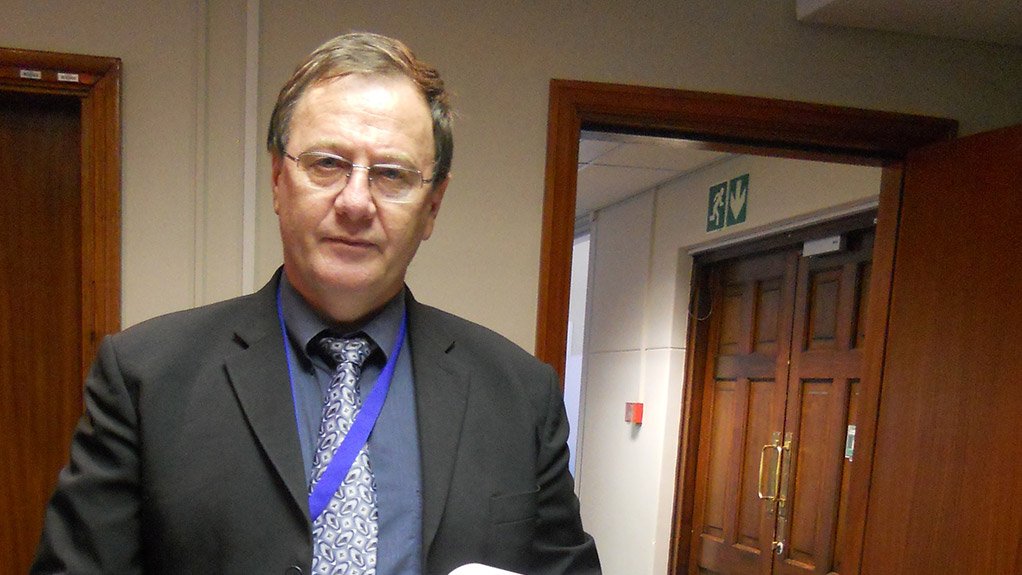The Western Cape has surpassed other provinces in terms of positive cases of COVID-19, but according to provincial government, this is a natural result of the extremely rigorous testing approach that the province is undertaking.
Screening and testing teams are deployed based on data which actively identifies the hotspots of infections within communities. The Western Cape Government identifies these hotspots whenever a Covid-19 case has been confirmed and the rigorous contact tracing teams then track their previous movements and contacts.
The Minister of Local Government, Environmental Affairs and Development Planning in the Western Cape, Anton Bredell says the provincial and regional disaster management centres continue to coordinate all operations on a 24/7 basis.
“A major focus outside of the health sector, remains ongoing humanitarian and feeding initiatives to assist vulnerable communities during the COVID-19 pandemic. The Provincial Department of Local Government has allocated additional funding of R16.2 million to various municipalities in the Western Cape with a focus on those municipalities most at need,” Bredell said.
“Our municipalities are already providing much needed relief in various forms, including soup kitchens, homeless shelters and food parcels. This allocation will assist them in continuing to do so. The funds have been transferred directly to the municipal accounts.”
Some of the work being done in municipalities across the province includes:
- Knysna Municipality provided over 1 500 food parcels to the most vulnerable members of the community over the weekend of 24-26 April.
- In Stellenbosch Community screening and testing is being done in Kayamandi, Cloetesville and Klapmuts and progressing well.
– Increased road blocks and patrols by SAPS are helping to ensure lockdown regulations are adhered to. Key public spaces continue to be cleaned and sanitised.
- Bitou municipality is doing screenings in Kranshoek and Wittedrift. Food relief efforts continue as well as loud-hailing in vulnerable communities to keep communities informed.
– Mossel Bay Municipality continues with sanitising of public spaces as well as installing water tanks for additional resources in vulnerable communities.
– Hessequa municipality continues to sanitise and disinfect public facilities (including courts), as well as public toilets in informal settlements on a daily basis.
Community Screening and Testing continues in various towns across the West Coast region of the Western Cape as the West Coast District Municipality in partnership with local municipalities continues to work towards a safer and more hygienic environment.
– WCDM Fire Services is assisting the South African Police Services by sanitising the reception areas and holding cells of police stations across the West Coast District.
– The City of Cape Town has decided to re-open 19 strategically positioned ablution facilities across the metropole. This will be done in close cooperation and consultation with the City’s Health and Social Development Departments.
– The City’s Health Department and its Metro Health Services partners have conducted 70 310 screenings and 5 767 tests in the metropole.
– The City is currently reprioritising Ward Allocations Budgets to unlock funds to assist struggling residents with food and sustenance provision.
– The City’s food relief programme will be rolled through all 24 Sub councils and recognised NGOs as soon as the budget reprioritisation is completed.
Bredell has urged all citizens with questions or concerns to visit the provincial website: www.westerncape.gov.za/coronavirus or to get in touch with their local municipalities for assistance.
“If you have flu-like symptoms, and may have come into contact with someone who has COVID-19, please contact the provincial hotline on 021 928 4102 for advice on what to do next,” he said.
Picture: polity.org

